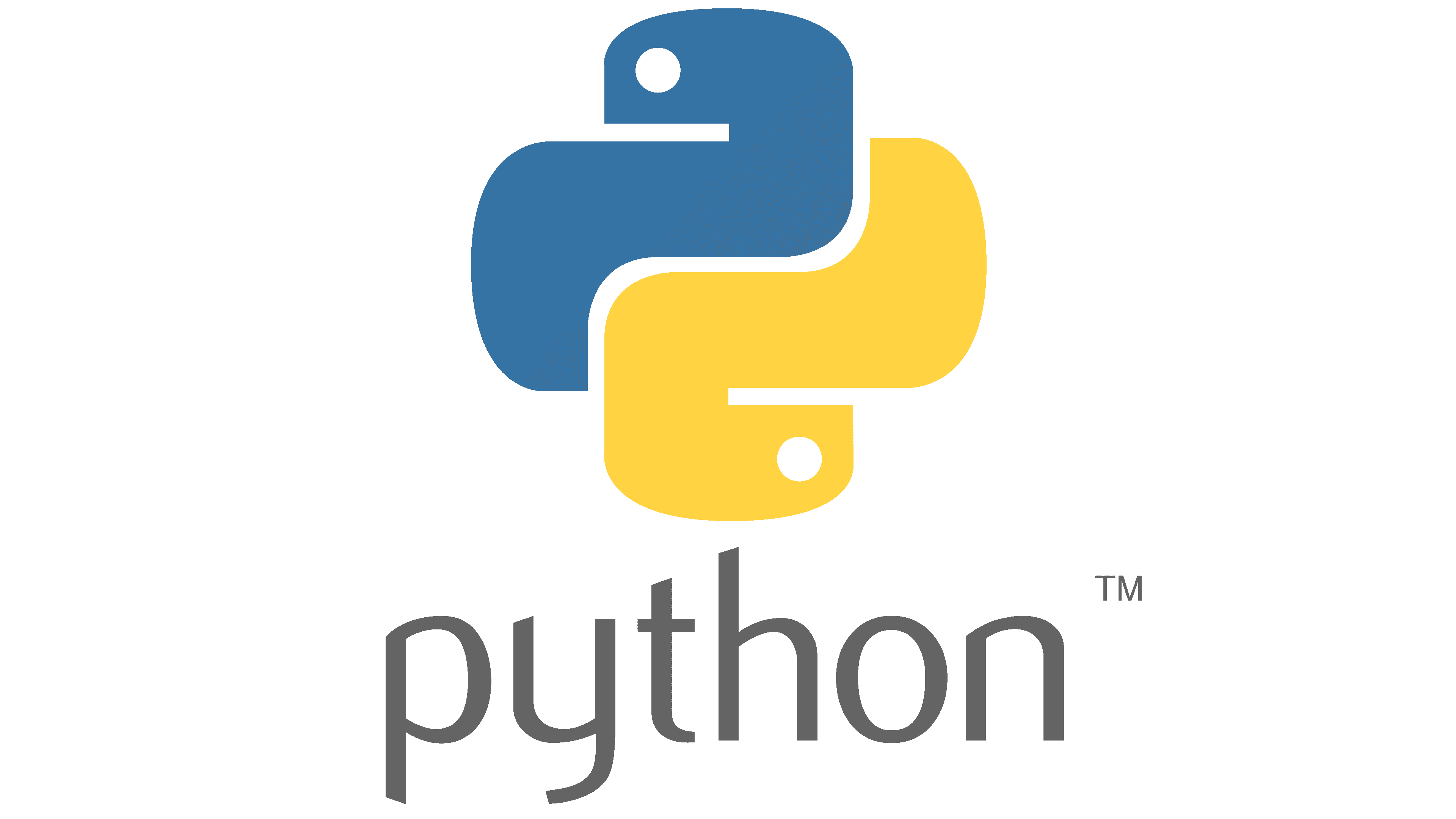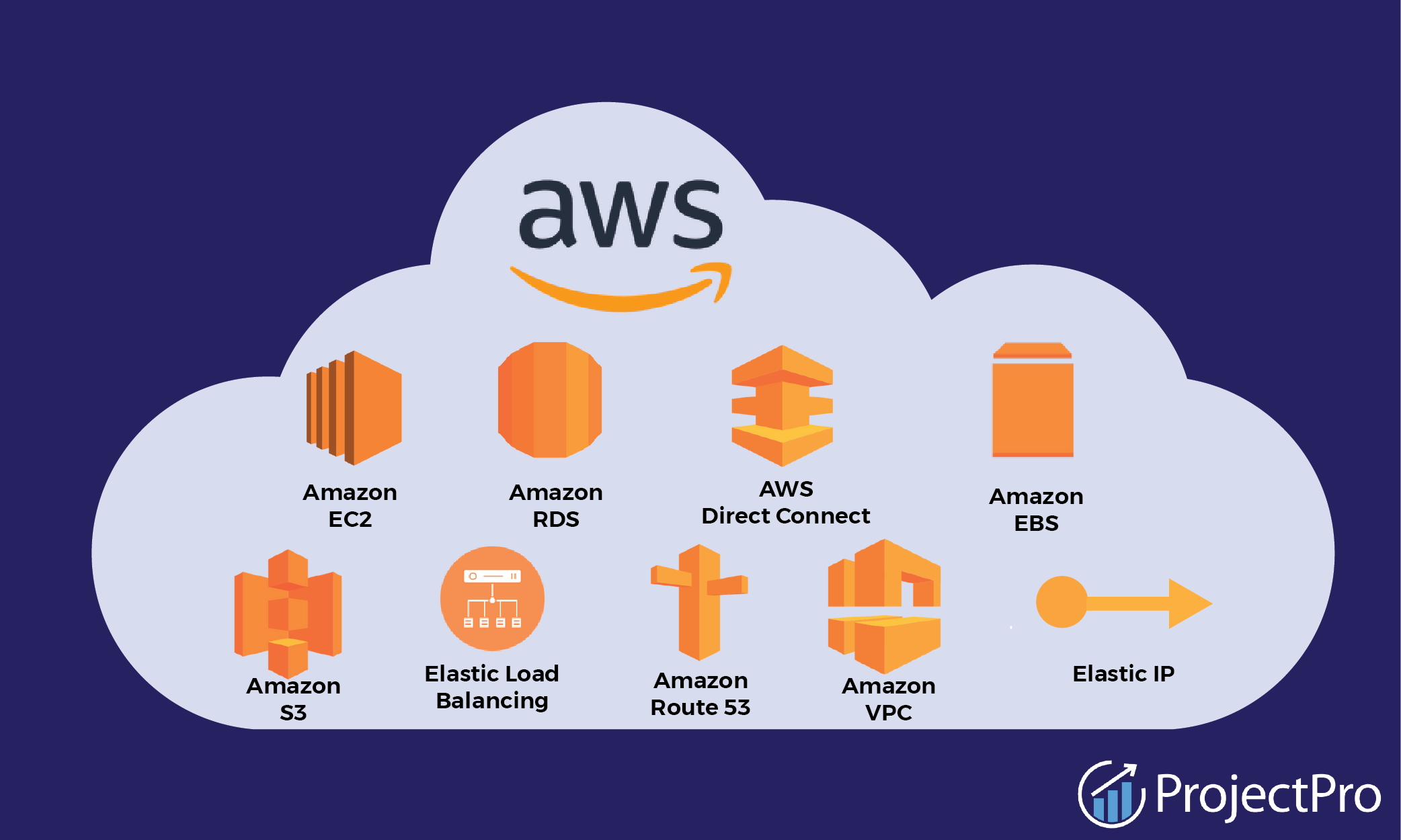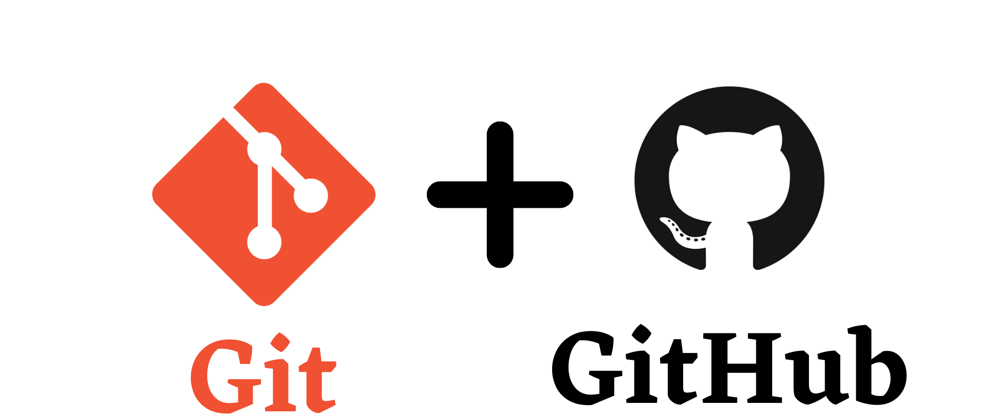Blog details
 Python for DevOps: A Powerful Tool for Automation & Infrastructure Management
Python for DevOps: A Powerful Tool for Automation & Infrastructure Management
Introduction
Python has become a key programming language in the DevOps ecosystem. Its simplicity, readability, and vast ecosystem of libraries make it an ideal choice for automation, infrastructure management, CI/CD pipelines, and cloud operations. In this blog, we will explore why Python is essential for DevOps engineers, key libraries, and how to use Python for automation.
Why Python is Important for DevOps?
✅ Automation & Scripting – Automates repetitive tasks like deployments, monitoring, and server configurations.
✅ Infrastructure as Code (IaC) – Works with tools like Terraform, Ansible, and AWS Boto3.
✅ CI/CD Pipeline Integration – Helps manage Jenkins, GitHub Actions, and other CI/CD workflows.
✅ Cloud & API Management – Used for interacting with AWS, Azure, and Google Cloud.
✅ Log Analysis & Monitoring – Parses logs and monitors system performance.
Key Python Libraries for DevOps
- os & subprocess – Execute system commands
- shutil – Handle file and directory operations
- requests – Manage APIs and web requests
- paramiko – SSH automation
- boto3 – AWS cloud automation
- docker – Manage Docker containers
- kubernetes (kubectl client) – Interact with Kubernetes clusters
- fabric – Simplify SSH and remote execution
Basic Python Automation for DevOps
1. Automating System Commands
2. Working with Files and Directories
3. SSH Automation with Paramiko
4. AWS Automation with Boto3
5. Docker Container Management
Python in CI/CD Pipelines
Python scripts can be integrated into Jenkins, GitHub Actions, and GitLab CI/CD pipelines to automate:
🔹 Code validation & testing
🔹 Deployment automation
🔹 Infrastructure provisioning
🔹 Monitoring & log analysis
Example: Running a Python Script in a Jenkins Pipeline
Best Practices for Using Python in DevOps
✅ Follow PEP8 coding standards
✅ Use virtual environments (venv) to manage dependencies
✅ Leverage logging instead of print statements
✅ Secure sensitive data using environment variables
✅ Write modular and reusable scripts
✅ Automate testing with pytest
✅ Optimize performance using asynchronous programming (asyncio)
Conclusion
Python is an essential tool for DevOps engineers. It simplifies automation, infrastructure management, and cloud operations. By mastering Python, DevOps professionals can streamline workflows, improve efficiency, and scale operations effortlessly.




